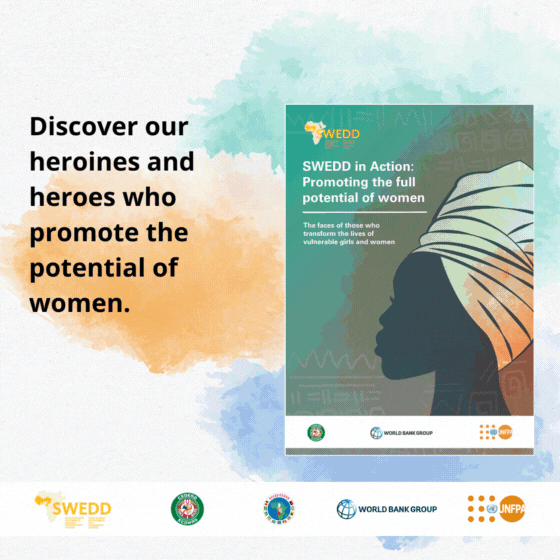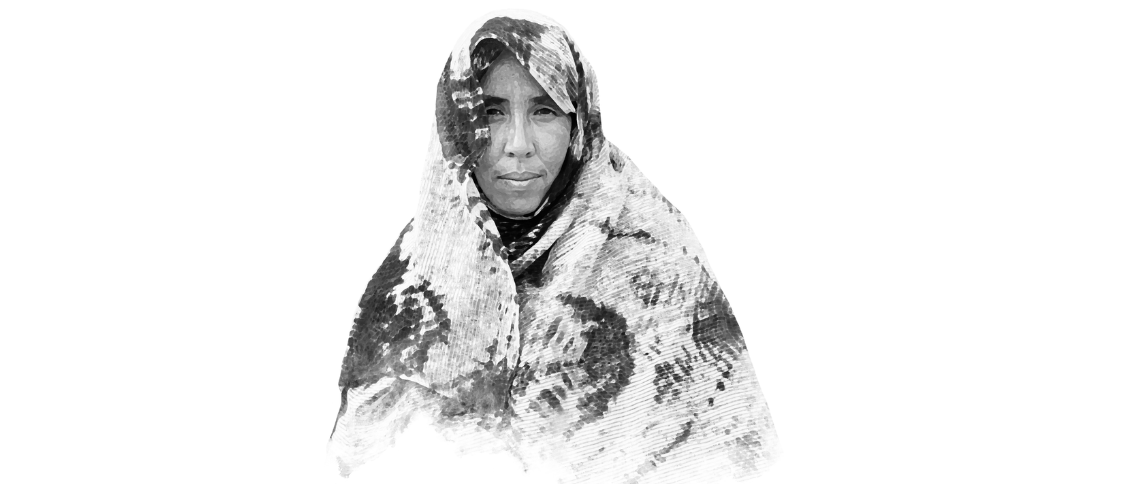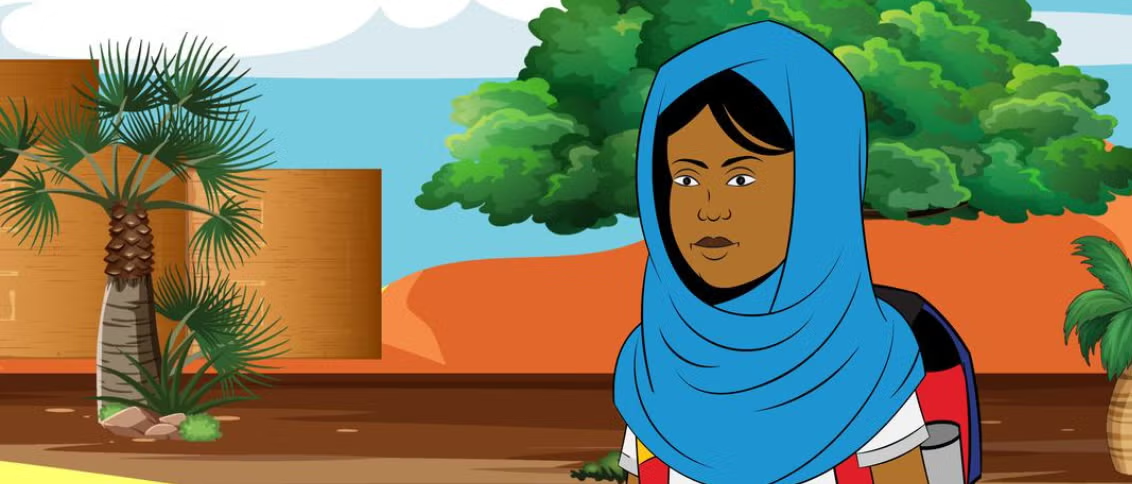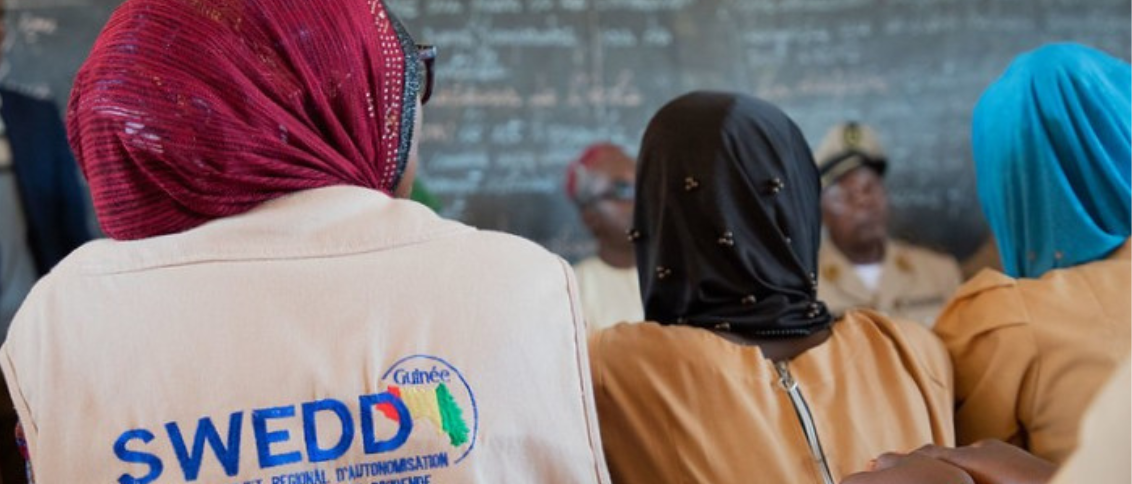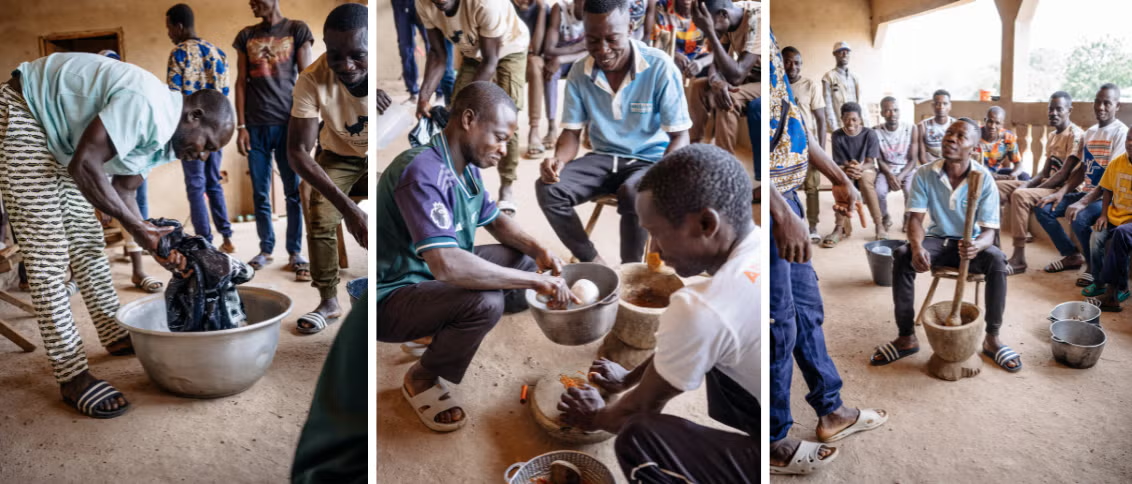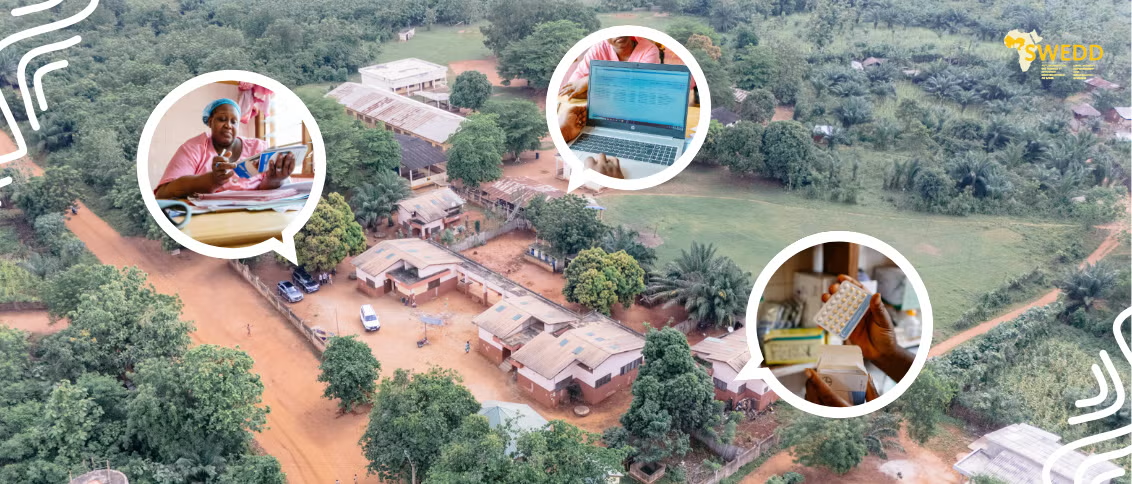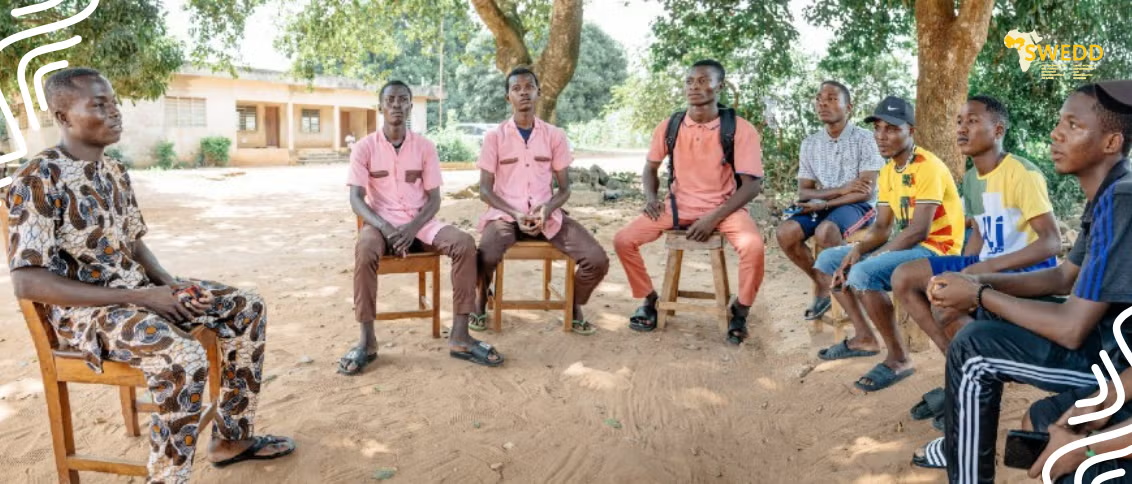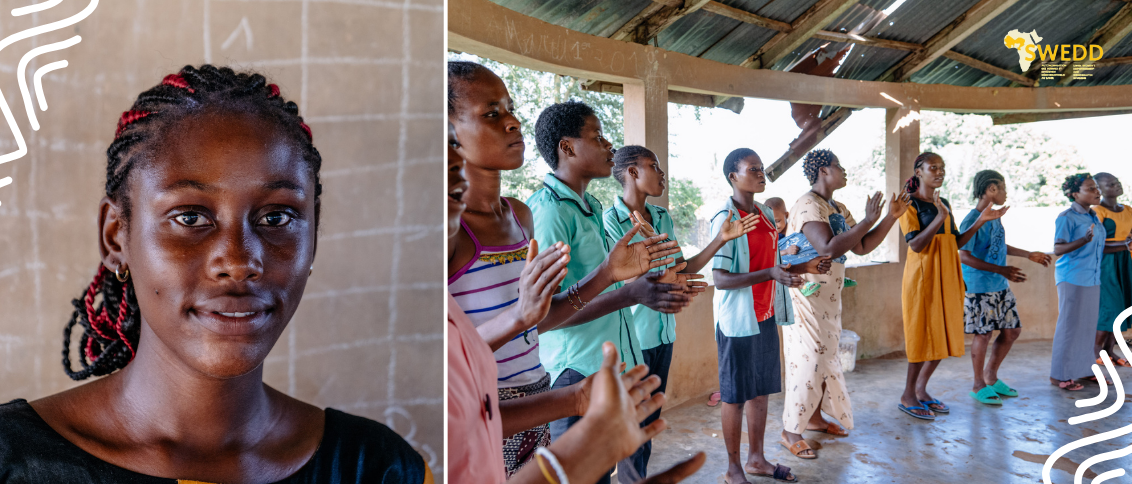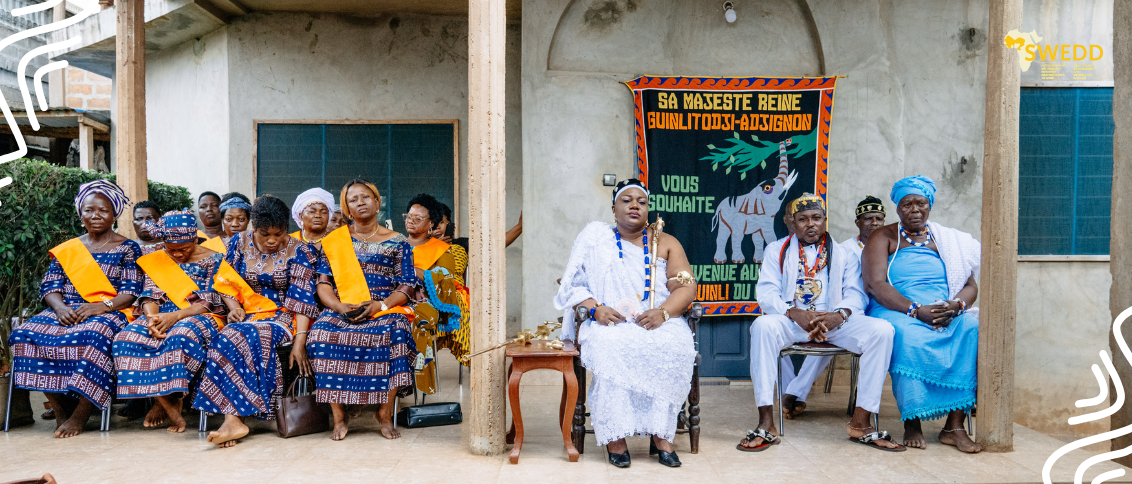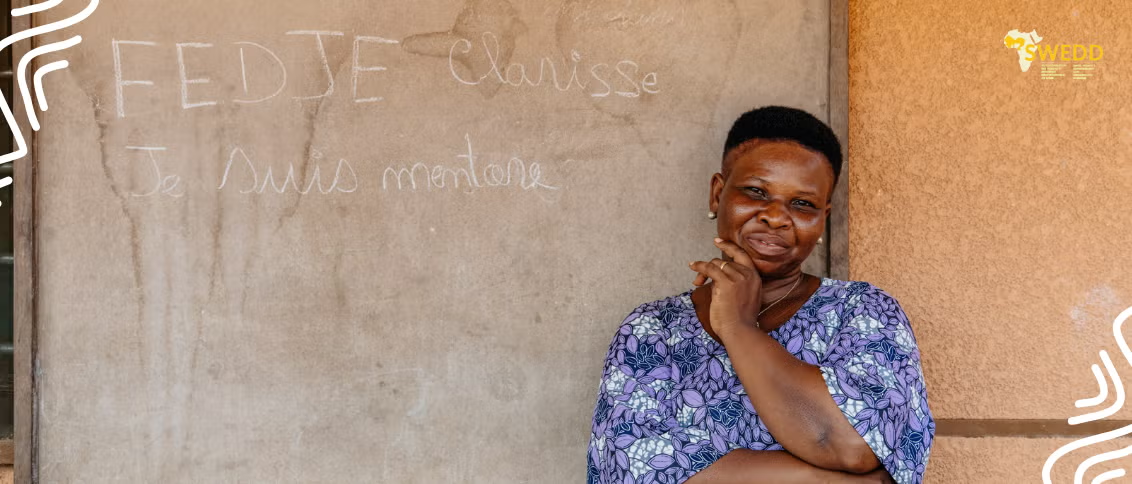

NEWS
« Girls are more aware of their rights now than before »
06 June 2024

Oum Koulthoum Tolba Oum, 38, lives in Legrane, a town of 30,000 inhabitants located 645 km from Nouakchott. She is involved in combating harmful practices affecting girls, and runs an education centre as part of the SWEDD project. Oum is a member of the Association des femmes volontaires du développement [Association of Women Development Volunteers – AFVD], which focuses on development, reproductive health and raising women’s awareness of harmful practices, including child marriage.
She joined the SWEDD project through a training course held in her town. “After being selected, we attended a training course in Kiffa alongside other women from the communes of the Assaba wilaya, which Legrane is part of. We then used the same training model for the programme beneficiaries.” More than 60 girls are taking courses on their rights, education and female entrepreneurship.
She has observed “a real transformation in the lives of people who have received this training, because they have become aware of their rights and responsibilities, unlike before”. Some have shown courage by returning to their studies, which they had abandoned because of early marriage. Others plan to go to university and dream of holding important positions in the future.
In Mauritania, 35 per cent of girls are married before the legal age of 18. The average age of marriage for uneducated girls is 15.9, according to a report published in 2013 by the National Statistics Office (ONS). “People’s hostility to girls’ education, and the practice of early marriage, are the result of unfounded popular beliefs that reduce a woman’s existence to her role in the home,” Oum explains.
“In the past, every family’s ambition was just to get their daughter married as soon as possible. This explains the prevalence of a practice of force-feeding girls, so that they meet a certain idea of beauty that shows they are ready for marriage. But these feudal attitudes are now in decline.” Oum also presents a programme called Affaires sociales [Social Affairs], broadcast by Radio Kiffa, which addresses divorce, girls’ education and the protection of mothers and children.
Through these activities, she says she is having a positive influence on those around her. “Today, all the members of my family share my views and are aware of the need to educate girls – something that previously seemed pointless to them, or even forbidden.”
Find out how the SWEDD project is changing lives across sub-Saharan Africa in the book SWEDD in Action: Promoting Women's Full Potential here
